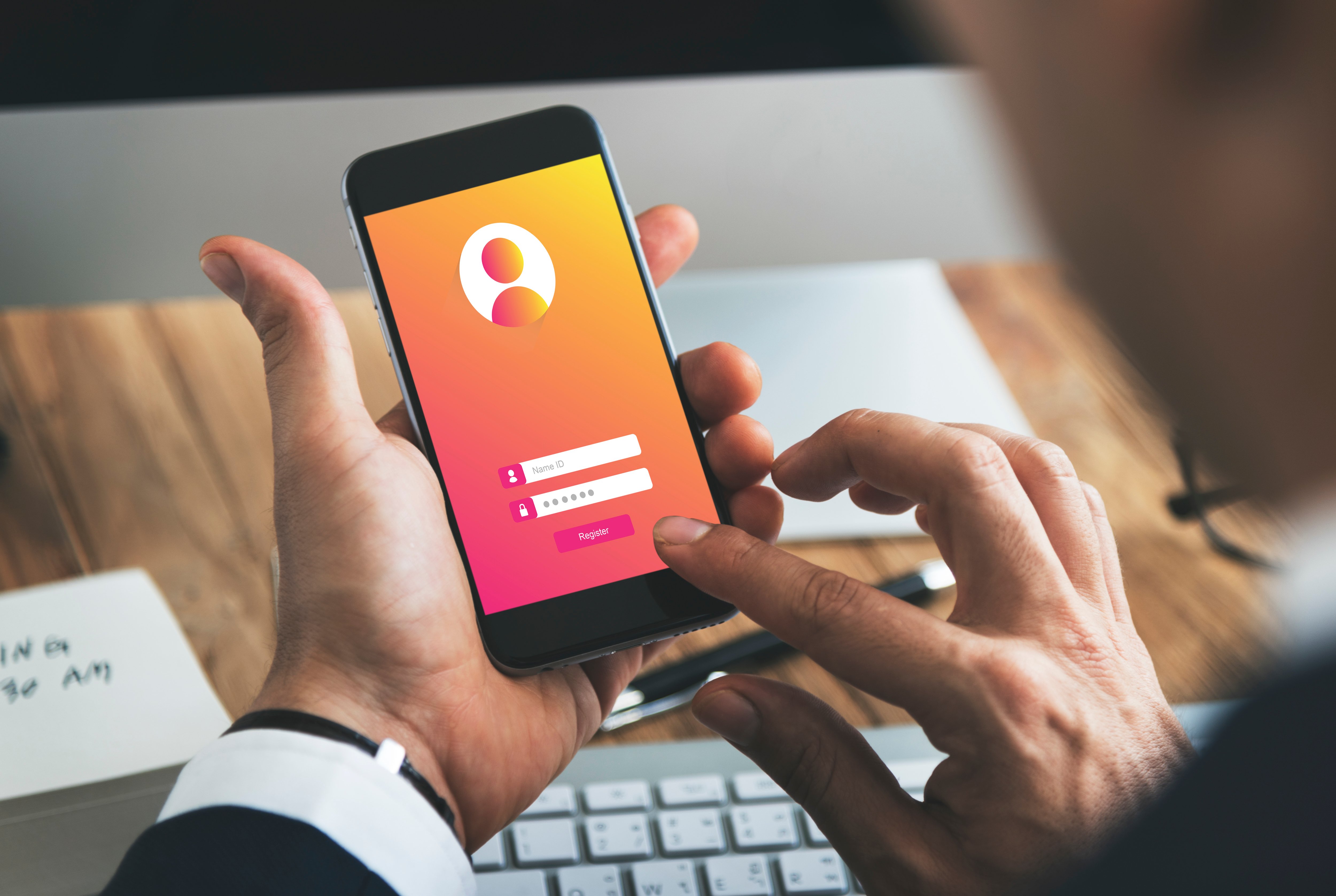Granting Unnecessary Permissions to Apps Puts Your Data at Risk?

We'll start thing article by saying something you already know - in today's digital age, smartphones have become an essential part of our lives. We use them for everything from checking emails and browsing the web to online banking and shopping. However, the convenience and functionality of these devices also come with a significant risk – data breaches and cyber-attacks.
But did you know that granting apps permission to access various services and components on your Android device is a common practice. It is necessary to give permissions to certain apps to function properly. However, it is essential to understand which permissions are safe to grant and which may pose a threat to your device and data. In this blog, we will discuss the different permissions that you should grant and how to keep your device and data safe.
Types of Permissions
There are various types of permissions that apps may require, such as location access, camera access, microphone access, contacts access, SMS access, and storage access. Some apps may require access to multiple permissions, while others may need access to only a few. It is crucial to understand which permissions are necessary for an app to function correctly.
Location Access
Some apps, such as maps, ride-sharing, or weather apps, require access to your location to provide accurate results. However, it is essential to grant location access only to trusted apps, as other apps may use this data for malicious purposes. You can review and manage location access by going to Settings > Location.
Camera and Microphone Access
Camera and microphone access are necessary for apps that require video or audio recording. However, it is crucial to be careful about granting this permission. Only grant camera and microphone access to trusted apps, and be mindful of apps that request access to these components without a clear reason.
Contacts and SMS Access
Apps that require access to your contacts or SMS may pose a privacy risk. It is essential to grant access to only trusted apps that require this permission for a specific purpose, such as messaging or email apps. You can manage contacts and SMS access by going to Settings > Apps & notifications > App permissions.
Storage Access
Many apps require access to your device's storage to function properly. However, it is crucial to grant storage access only to trusted apps, as other apps may use this permission to access sensitive information. You can review and manage storage access by going to Settings > Apps & notifications > App permissions.
How to Keep Your Device and Data Safe
Granting permissions to apps can be risky, especially if the app is not trustworthy. Here are some tips to keep your device and data safe:
-
Only install apps from trusted sources, such as the Google Play Store.
-
Review and manage app permissions regularly to ensure that you are not granting unnecessary or risky permissions.
-
Be cautious when granting permissions to new apps, and only grant permissions that are necessary for the app to function correctly.
-
Use antivirus software or advanced cybersecurity measures like devices that run on encrypted Operating System.
-
Keep your device and apps up to date to ensure that you have the latest security patches.
So, which permissions are ok to grant, and what apps require access to what services and components? Let's take a closer look.
First, it's essential to understand that apps may request access to various permissions such as camera, microphone, location, contacts, and more. While some of these permissions may be necessary for the app to function, others may not be required.
For instance, a social media app may require access to your camera and microphone to take and share photos and videos, but it doesn't need access to your location. Similarly, a weather app may require access to your location to provide accurate weather updates, but it doesn't need access to your contacts.
Conclusion
In conclusion, granting permissions to apps on your smartphone can be a double-edged sword. While some apps may require certain permissions to function properly, others may ask for unnecessary permissions that could compromise your data privacy and security. Spoofing these permissions can help you keep your data safe, and with the help of third-party apps, it's a simple and effective solution. So, the next time you install an app, make sure to review its permissions carefully and spoof unnecessary permissions if needed.

